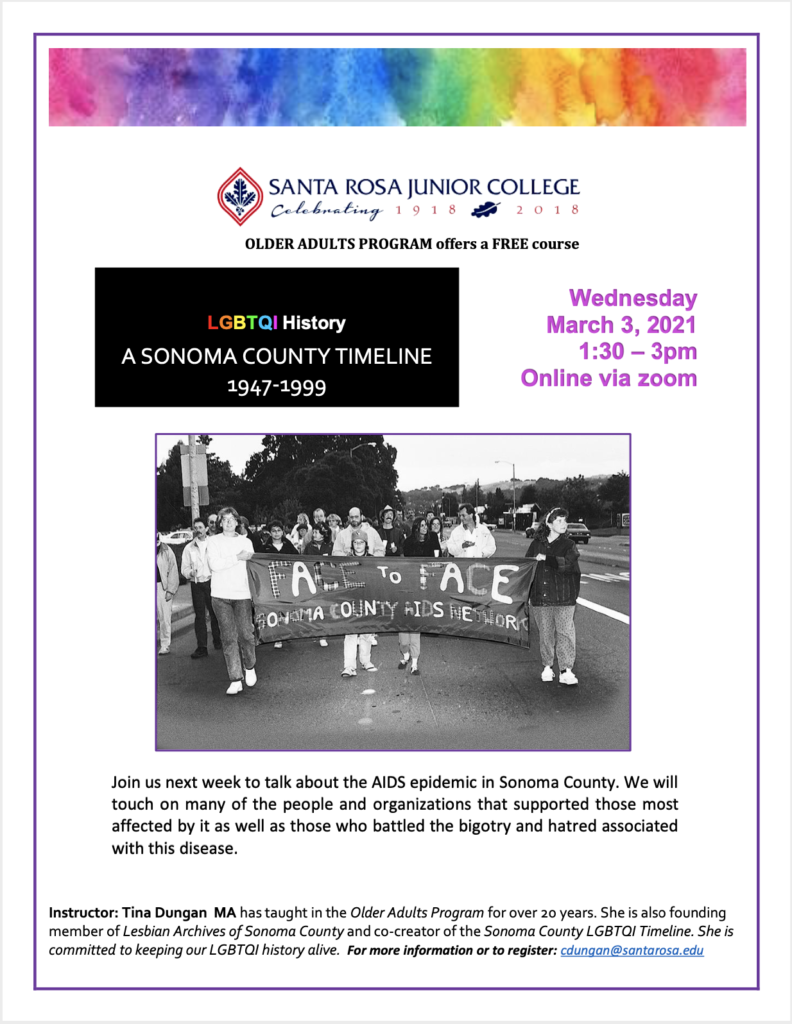Republicans launch Equality Act rival that would ‘undermine’ LGBT+ rights in the name of religious freedom
Republicans are launching a rival to the Equality Act which will allow them to discriminate against LGBT+ people on the basis of religious freedom.
The “Fairness for All” Act was reintroduced by Utah Congressman Chris Stewart on Sunday (28 February), days after the Equality Act was passed by the House of Representatives, as a way to “harmonise religious freedom and LGBT+ rights”.
Like the Equality Act it would outlaw LGBT+ discrimination in employment, housing, jury selection, credit and federally assisted programs – except, of course, when that discrimination is based on religious beliefs.
“It is hard to really love our neighbours when we are fighting with them over whose rights are more important,” Stewart complained. “This country can accommodate both civil liberties for LGBT individuals and religious freedom.
“We have wasted enough time, energy, and money fighting over who deserves which legal protections. It is time to define the federal protections for our LGBT and religious friends and neighbours.”
The Fairness for All Act promises to build on LGBT+ protections in federal, state and local law while simultaneously preserving the Religious Freedom Restoration Act, which enshrines the First Amendment right of religious freedom.
This means small business owners and faith-based charities, such as shelters and foster care agencies, would be free to refuse LGBT+ people if they feel their existence runs “contrary to their conscience and beliefs”.
The bill also protects the tax-exempt status of religious organisations, colleges and universities, allowing them to “uphold their religious standards” without losing funding.
According to a press release it is “the largest expansion of religious freedom and LGBT civil rights under federal law in a generation” – and Stewart somehow insists this is not a contradiction.
“There’s room to do both,” he told 2News. “Some people say, ‘You’ve got to do one, or you can do the other, but you can’t do both,’ and that’s just not true.”
The Fairness for All Act already has 20 Republican co-sponsors and the support of the Mormon Church, the Seventh-day Adventist Church and multiple other faith advocacy groups.
But the Human Rights Campaign called the legislation “deeply dangerous”, warning that it would create “substandard protections” for LGBT+ people.
“The ‘Fairness for All’ Act is anything but fair, and it certainly does not serve all of us,” the advocacy group said when the bill was first tabled in 2019.
“It is an affront to existing civil rights protections that protect people on the basis of race, sex, and religion and creates new, substandard protections for LGBTQ people with massive loopholes and carve-outs, and upends critical federal programs that serve children in need.
“This legislation is deeply dangerous for many reasons,” it continued, “mainly because it would erode protections that already exist for people based on race, sex and religion, rolling back protections that have been on the books for decades.
“It would expand the number of places and situations in which lawful discrimination could occur.”
Even if it doesn’t pass, the bill could influence revisions of the Equality Act, which needs to gain Republican support in order to overcome a potential Senate filibuster.
